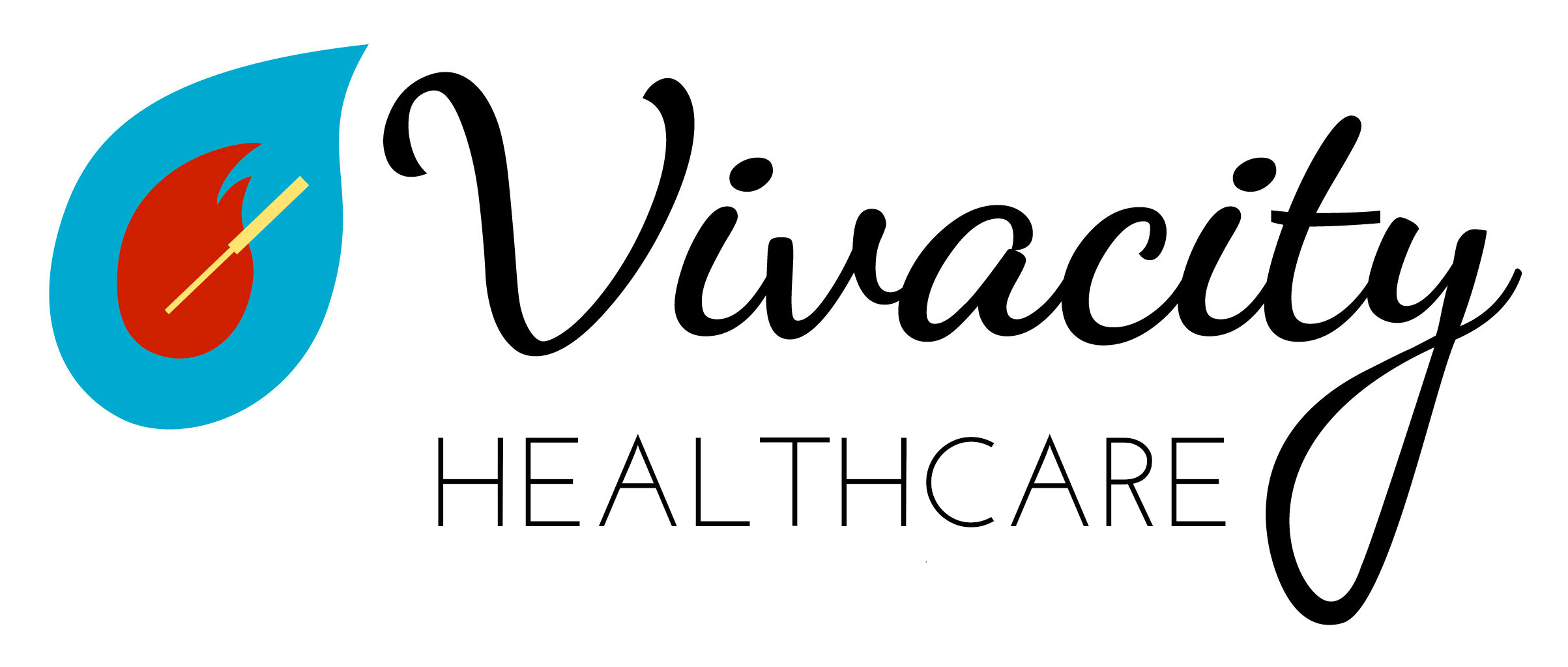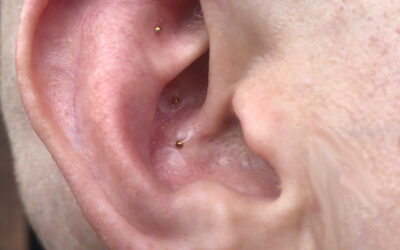Do you wake feeling ready to rise and shine, or do you tend to rely on help from your daily ‘cup of Joe’?
Perhaps it is just a byproduct of living in New York City, but I frequently encounter people who feel overworked and tired. I often ask my patients about overall energy level because some people who see fatigue as normal will not even bring it up as an issue. However, pushing through fatigue with caffeine or other stimulants is not the most sustainable way to live, and ideally we should get at least 8 hours of sleep and feel rested upon waking.
Dietary Considerations
If you are experiencing fatigue for 6 months or more, first have your nutritional levels checked by your primary care physician at your annual physical. A deficiency of certain nutrients, such as iron, may manifest as fatigue so you want to rule this out. Rather than a deficiency, your inability to get restful sleep could also be related to something you are consuming. If you are a coffee or tea drinker, a good rule of thumb is to not do so after lunchtime because caffeine has a 6-hour half-life. Even ‘decaf’ coffee has a small amount of caffeine, roughly the equivalent of a cup of tea, so be mindful of decaf after lunchtime as well.
Technology
A less obvious reason why people in modern day life do not get adequate sleep is due to computer and technology use. A 2011 study found that regular, late night computer use was associated with sleep disorders, stress and depressive symptoms in both men and women [1]. Try turning off your TV and computer at least one hour before you go to sleep or use a screen that filters out blue light, which is the part of the spectrum most likely to interfere with sleep.* Similarly, you can use dimmer lighting, rather than bright overhead lights, in your home after sundown because exposure to indoor light has been shown to have a strong suppressive effect on the hormone melatonin [2].
Getting in the Zone
If neither of these interventions enable you to get 8 or more hours of sleep a night, relaxing activities before bed also help. If you’ve been meaning to stretch more, foam roll or start a meditation practice, this might be a good time to do those activities. Don’t worry about fitting in a full yoga routine (although that might help too); even just 10 or 15 minutes daily of any of these activities could make a significant difference! If you find yourself waking up with a ‘to do’ list running through your head, jot down your list before bedtime to get it out of your head and leave it for the next day.
If you are still having a hard time integrating any of the aforementioned habits into your routine or obtaining restful sleep through them, occasional acupuncture treatments may regulate your cycle after just a small handful of treatments. Acupuncture does so by stimulating the parasympathetic nervous system or ‘rest and digest’ function [3]. Sleep-supportive treatments can be performed at the same time as treating other conditions people commonly seek acupuncture for such as back pain or headaches.
*In 2016, Apple introduced Night Shift as a feature on all of their devices which will automatically filter out the blue light for the overnight hours. I like to set mine to shift around the time of sundown rather than the default of 10pm.
Studies Cited:
[1] Thomée, Sara, Annika Härenstam and Mats Hagberg. “Mobile phone use and stress, sleep disturbances, and symptoms of depression among young adults – a prospective cohort study.” BMC Public Health. 2011.
[2] Gooley, JJ et.al. “Exposure to Room Light before Bedtime Suppresses Melatonin Onset and Shortens Melatonin Duration in Humans.” The Journal of Clinical Endocrinology & Metabolism, Volume 96, Issue 3, 1 March 2011, Pages E463–E472.
[3] Li, Qian-Qian et al. “Acupuncture Effect and Central Autonomic Regulation.” Evidence-based Complementary and Alternative Medicine : eCAM 2013 (2013): 267959. PMC. Web. 12 Feb. 2018.




